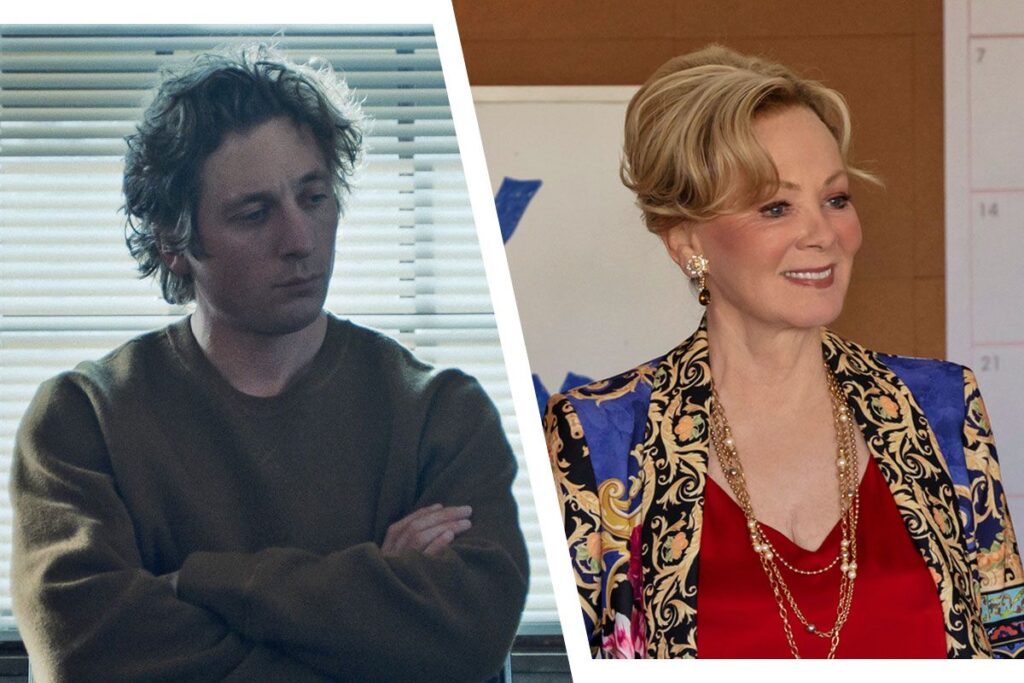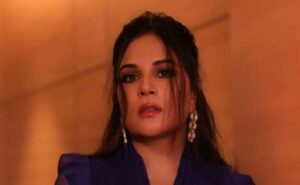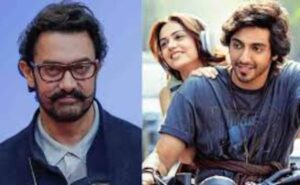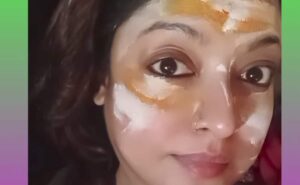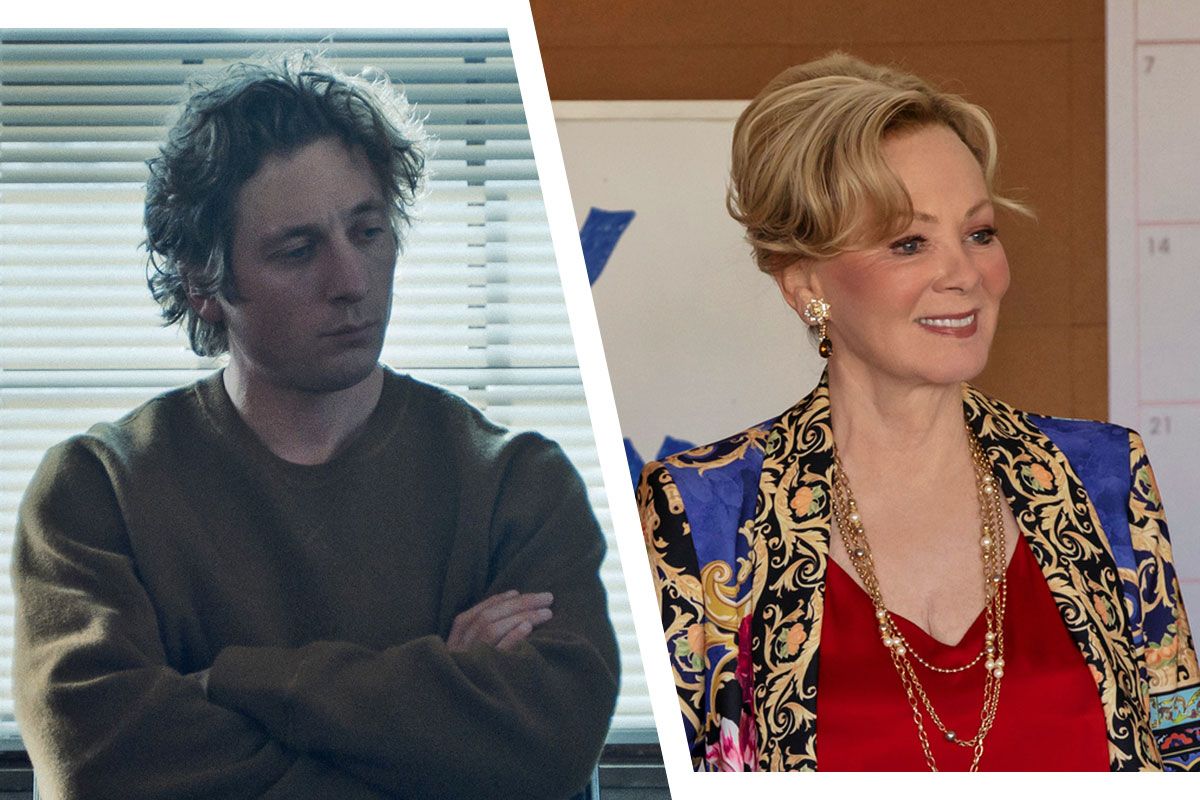
When Catherine O’Hara leaned into the microphone to announce the winner of the Outstanding Comedy Series award at last year’s Emmys, things had been going more or less as expected for The Bear. Jeremy Allen White, Ebon Moss-Bachrach, and Christopher Storer all repeated their victories from the year before, while Liza Colon-Zayas nabbed her first win in a Supporting Actress upset. “In that room, we don’t get a lot of surprises,” one attendee who worked on a nominated series told me. “As awards nights go on, you start to be like, Oh, here it is, here we go again.”
But there we didn’t go again! O’Hara declared Hacks the winner, and the show’s contingent, led by creators Paul W. Downs, Lucia Aniello, and Jen Statsky, took the stage to the jubilation of the gathered TV professionals in the room. Cast members from competing series like Abbott Elementary and Only Murders in the Building took to their feet. The stars of Shōgun cheered. From where I was sitting in front of my TV, this felt not only like a surprise win, but a welcome one.
The upset came at the end of a rough summer for The Bear. While the show was campaigning for season-two Emmys, season three premiered, and the reviews reflected a sense of frustration with the show’s lack of forward momentum. The departure episodes felt more like self-conscious stunts, and more than anything else, the show leaned even harder into the mode of a serious, stressful drama, a tone oddly enhanced by the sprinkles of overbroad, Fak-related comic relief. (Consider that John Cena cameo a low point). The Bear was increasingly not presenting as a comedy, and people were noticing. We noticed!
What happened to take The Bear from Emmy battering ram to awards also-ran in the span of only a few months? According to multiple writers on various comedy series, it seems like an undercurrent of industry resentment toward The Bear played a part. Enough people who work on TV, and particularly in comedy, were none too eager to give comedy rewards to a show as temperamentally but also structurally serious as The Bear above other, funnier shows. And last year — and perhaps this year as well — that sentiment funneled itself into a Hacks victory.
“The feeling of The Bear winning these comedy awards and not really being a comedy is something a lot of people acknowledge and joke about,” one Emmy-winning writer said. “It’s strange,” added another writer whose TV credits go back more than 20 years, “because I think that people have always said, ‘This isn’t a comedy,’ and even so, it’s winning. It’s sort of like how America is upset with Trump right now. Uh, like, we voted for him, right? We did this.”
The Bear, I should interject, is not the Donald Trump of TV comedy. But it did nearly sweep the comedy awards at the 2022–2023 Emmys, winning three of the four major acting categories, plus writing, directing, and comedy series for its first season. And since the show’s highly acclaimed second season dropped in the middle of the Emmy campaign for its first season, it seemed plausible that we were in the midst of a multiyear run of TV comedies getting mauled by The Bear. When last summer’s Emmy nominations came out, The Bear led all comedies with 23 noms. (There were signals that the show wasn’t quite as all-dominating as we thought it might be, with a handful of cast members — Oliver Platt, Abby Elliott, and Matty Matheson — surprisingly left out in the cold.)
“Once The Bear broke 30 Rock’s record [of 22 comedy nominations in a single year], I think that might have been the last straw for comedy writers,” said one writer for a network comedy. “30 Rock is held in such high regard. So much work goes into making jokes, and 30 Rock was a joke machine. So when you see a show that doesn’t even actively try to be funny, it’s a bit insulting.”
A writer for a competing comedy notes that even when The Bear did try to be more comedic, it didn’t stack up well to the other nominees. “It was not well-crafted comedy,” they said, “in the hands of people who aren’t experienced comedy performers. And it left a little bit of a sour taste in people’s mouths.”
The Television Academy has stubbornly hung on to the old notion that half-hour shows are comedies while hourlong shows are dramas if for no other reason than there doesn’t seem to be a better determining factor. And yet while dramedies have been pervasive for decades now, the notion of a half-hour drama has more or less been dismissed out of hand, with precious few exceptions like the Amazon series Homecoming. This has resulted in more and more borderline dramatic shows — Transparent, Nurse Jackie, Barry — not only competing as comedies but winning. One Emmy-nominated writer for comedies and dramas told me that “not allowing ourselves to blur the lines of [comedy and drama] means a lot of people end up getting screwed. Somebody who doesn’t belong in their category beats them.”
It all stems from the 2004 Emmys race, according to the writer with two decades of experience. “I think that the real problem originated when ABC got greedy,” the writer theorizes. “They knew Lost was gonna win for drama, and so they put up Desperate Housewives for comedy, and they both won.”
The comedy as a second-class sibling to the drama is a notion that has annoyed the people who make television comedies for years. Outstanding Drama almost always gets presented last at the Emmys, after all. (That wasn’t the case last year, though, lending the Hacks win even more of an air of triumph.) “There’s a weird thing where comedy writers have always taken the back seat and been the black sheep of Hollywood,” the 20-year TV vet adds. “As though this is the easy route. It’s easy to write comedies, you just write a bunch of fucking jokes. I think Hacks winning, in a way, was like, Oh, wait, maybe we don’t have to just be losers.”
Compounding these long-held grudges was the fact that, in the aftermath of the WGA and SAG/AFTRA strikes, the industry-wide contraction appeared to be hitting comedies the hardest. In this environment, a half-hour drama that is perceived as snatching accolades from “real” comedies is more than just an annoyance. “With the comedic landscape these days, there’s not that many comedy shows,” the network-comedy writer said, citing the fact that ABC’s 2025-2026 fall schedule includes just two comedies total — that’s one hour for comedy out of 21 total programming hours. “So when you do see a non-comedy being celebrated at the highest level, it is a bit of a slap in the face.”
So if not The Bear, why Hacks? Among folks in the business, there is a general sense of Hacks as a funny show featuring great performances, made by incredibly likable people in Downs, Aniello, and Statsky. It’s also, not for nothing, a show about comedy writers plugging away in an industry that does not make it easy to succeed. “I think that [the support for Hacks] was very much related to a sense of solidarity and responsibility for this industry,” the writer for a competing series said. “I heard that the showrunner of one of the nominated shows told their writers’ room to vote for Hacks because they wanted a funny comedy to win, and they felt that Hacks had a better chance than they did to send a message to the industry and to feel that comedy was still something that mattered.”
Even people who didn’t especially love Hacks were rooting for it in the perceived binary battle against The Bear. “I’m fucking voting for Hacks!” our 20-year TV veteran says. “Is Hacks the perfect show? No. Will Hacks stand the test of time like Veep or some of these other shows you name? Probably not. But in this moment, we want to embrace comedy, and we want comedy to be rewarded.”
After Hacks won, its creators’ acceptance speech echoed some of the existential anxieties expressed by the people I talked to. “Comedy is so important to us,” Aniello said from the podium. “Support comedy! Support your local comedian!” A victory for Hacks, at that moment, was a victory for comedy’s continued presence in the Hollywood ecosystem. It was hard not to finish Aniello’s sentiment with, “You hear that, FX?”
More From This Series
“Is Hacks the perfect show? No. But in this moment, we want comedy to be rewarded.”

